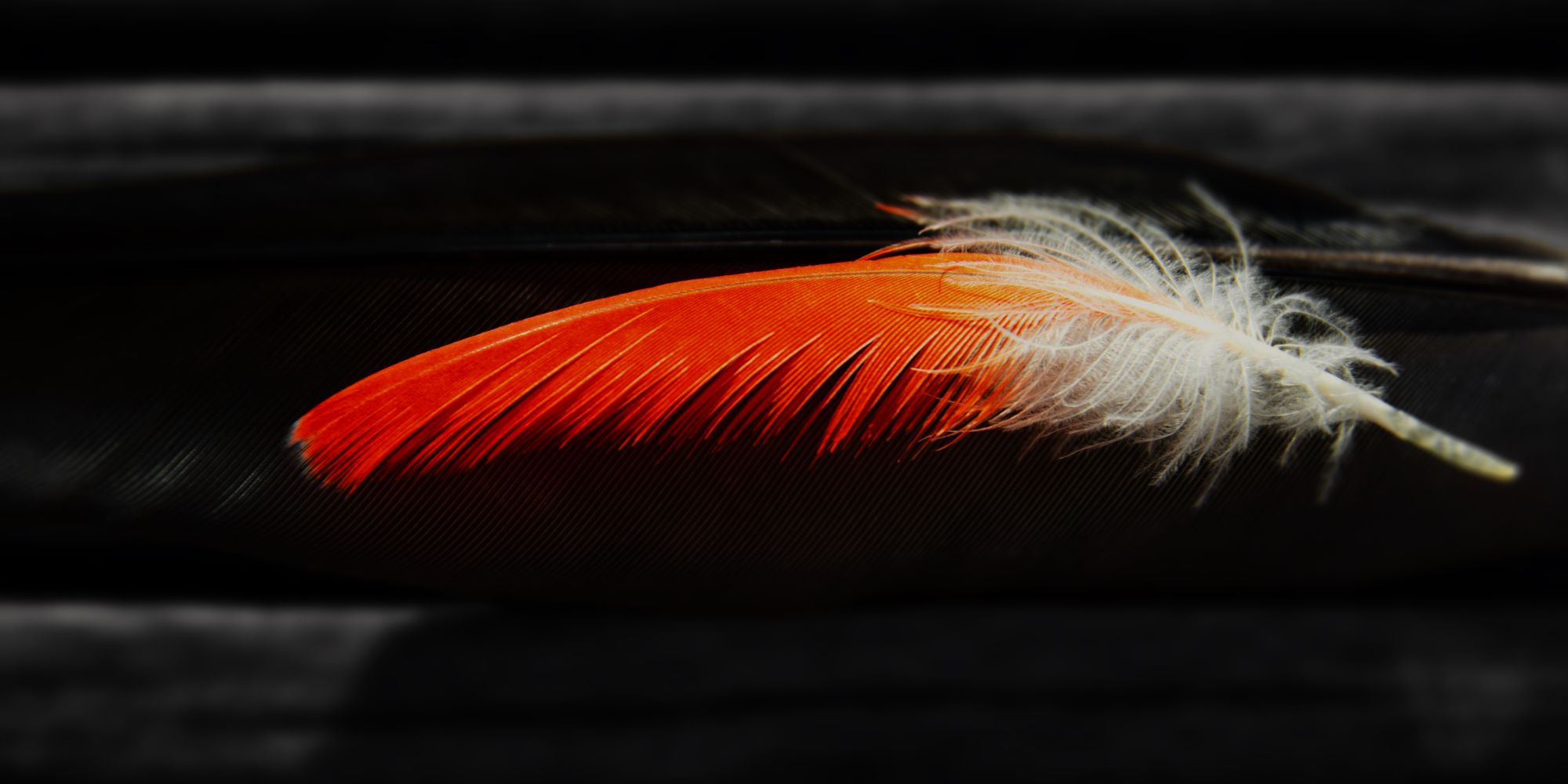
Running Commentary 4/26/2021
Hello,
This is the last week of April, which means that the Baltimore orioles should be making their way back here to Michigan right about now. In past years, I’ve pretty consistently seen exactly one oriole per season. But this year, I’m prepared. I’ve got oranges and grape jelly out. Hopefully, they’ll like those and stick around. I’ll keep you posted.
Anyway…
Watching…
The finale of The Falcon and the Winter Soldier released Friday on Disney+. Here are my notes: SPOILERS
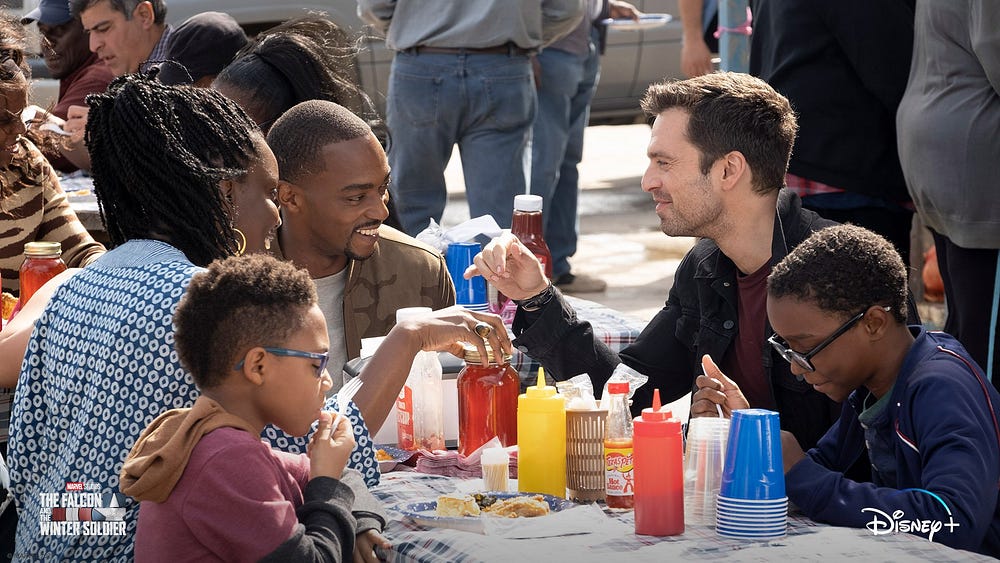
- Sam’s Captain America costume is maybe the closest match to the comics we’ve seen yet. Granted, he was Captain America very recently in the comics, so the style was already inline with modern looks, but still, he looked right off the page in this episode, besides his beard.
- I would have thought they would have given Bucky a new name in the end title, the way they did Sam. Much of the show is about how Bucky isn’t the Winter Soldier anymore, but that’s still what he was called.
- In the end, this show had some good action and interesting ideas, but I wouldn’t say it was a total success. The world-scale conflict between the UN commission and the Flag Smashers never really became clear to me. Neither did the smaller conflict about Sam becoming Captain America. It seemed at first he didn’t want to replace Steve Rogers, then it was a question of whether he could represent America, given how America had treated its black people. Then, in this episode, Sam seemed concerned about racist backlash. All are neat ideas for a story, but they came off as half-baked. I know there were some big re-writes, but I don’t think the show was quite salvaged.

I’ve also been watching the National Geographic series Secrets of the Whales. This was produced as an Earth Day release for Disney+. It’s good. There are four episodes, each about a different sort of whale. The show is not as information-dense as some PBS or BBC productions, but it also avoids Discovery Channel-esque dramatics. Give it a watch, if you like ocean documentaries.
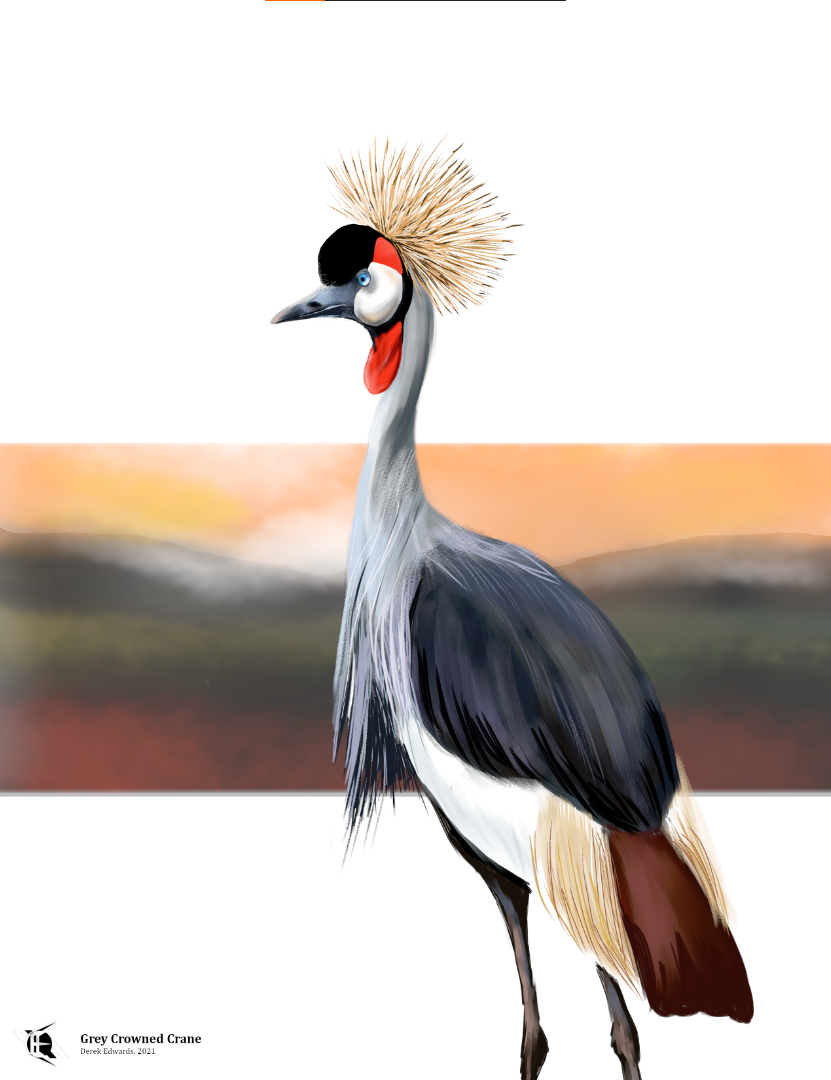
Bird of the Week
Today we have the a popular zoo attraction, the Grey Crowned Crane. These birds are found in eastern-to-southern Africa, though they are most common in regions of Kenya, Uganda, and Tanzania. Like most cranes, they feed on seeds and small invertebrates, and nest in wetlands. Cranes are similar to storks, but they are omnivorous and fly with their necks outstretched, where storks (and herons) are chiefly carnivorous and fold their necks back in flight.
This bird has the binomial Balearica regulorum. Balearica, the genus including this and the very similar Black Crowned Crane, is named after the Balearic Islands, which lie off the eastern coast of Spain. Neither species of cranes lives there, though Pliny the Elder mentioned tufted cranes living on the islands in his day. It may be that these cranes’ range extended further north in ancient times, but this is not known for sure. “Regulorum” comes from the Latin word for king, and is a reference to the birds’ golden crowns.
The Grey Crowned Crane is the national bird of Uganda, and is featured on that nation’s flag.

Curation Links
The White Darkness: A Journey Across Antarctica | David Grann, The New Yorker
A profile of Henry Worsley, telling the story of his endeavor to become the first person to traverse Antarctica solo. Very long but well worth reading.
The New Science of Motherhood | Abigail Tucker, Smithsonian Magazine
Excerpted from Tucker’s excellently titled book Mom Genes, a look at the biological drivers behind the maternal instinct, especially the way a child’s malleable cells find their way into their mother’s body.
How Maxwell’s Demon Continues to Startle Scientists | Jonathan O’Callaghan, Quanta Magazine
Entropy, the fundamental disorder in nature, is on the rise. It always has been and always will be, at least in this universe. So says the Second Law of Thermodynamics. For Quanta’s “Abstractions” blog, Jonathan O’Callaghan details how information theory means even when you straighten things up, you still are making the universe more of a mess.
Getting Sick for the Sake of Advancing Medical Research | Hannah Thomasy, Undark
Even in the age of computer modelling and mass clinical reporting, there’s often no better way to study sickness than to study the sick. As the world prepares to begin deliberately infecting volunteers with Covid-19, in the name of further study, Hannah Thomasy takes a look at the history of such “human challenge trials”.
The Case for Disagreeing With Yourself | Ian Leslie, The Atlantic
An essay arguing for, well, arguing, both in society and in one’s own mind, based on the idea that a large group of disagreeing people is smarter than the most learned single individual.



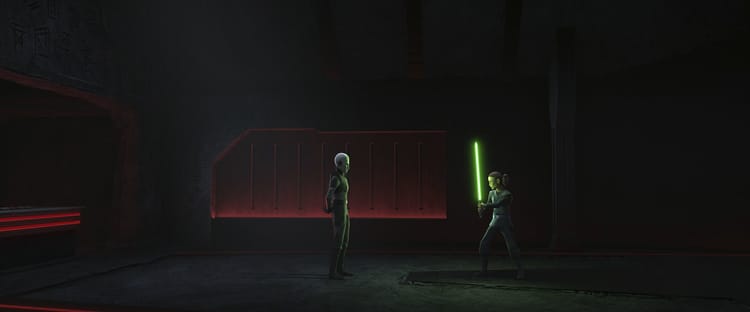
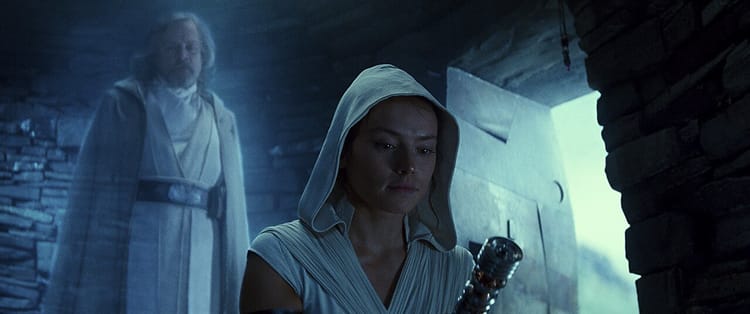

Member Commentary